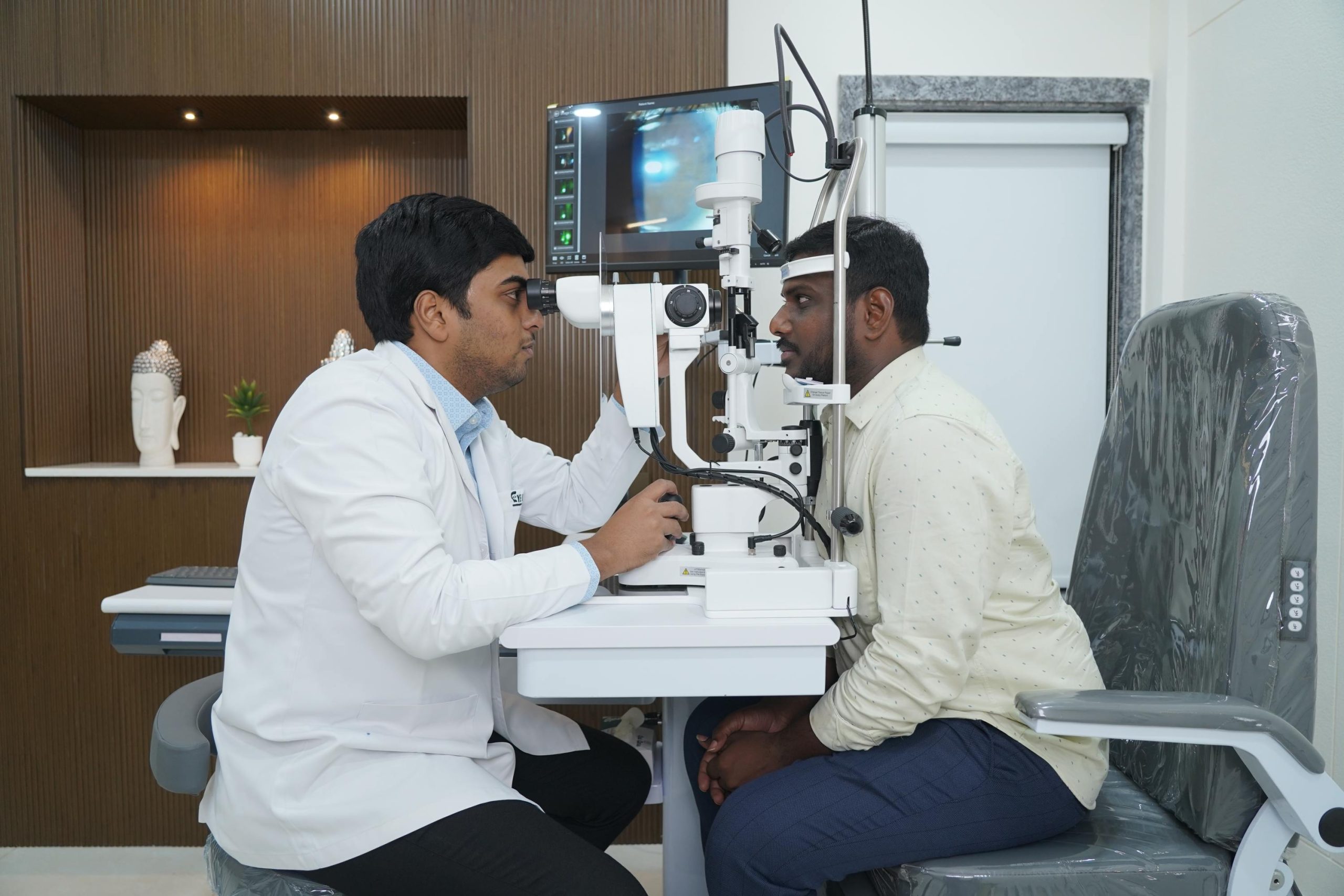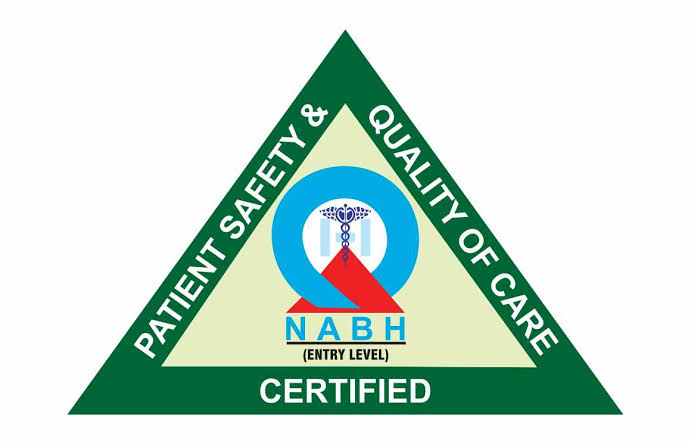Uvea Problems

Uvea problems:
Deep within the eye lies the uvea, vital for vision. Uveitis, inflammation of the uvea, can lead to complications if untreated. Our specialists diagnose and treat various uveal conditions promptly, ensuring optimal eye health. Types of uveitis include anterior, intermediate, posterior, and panuveitis. Symptoms vary but may include eye redness, pain, sensitivity to light, floaters, and blurred vision. Early detection and management are key to preserving vision and preventing complications.
Here are the potential causes of Uvea Problems:
- Autoimmune diseases: Conditions like rheumatoid arthritis or lupus can cause inflammation in the uvea.
- Infections: Bacterial, viral, or fungal infections can lead to uveitis.
- Injury: Trauma to the eye can cause inflammation.
- Underlying systemic conditions: Such as sarcoidosis or Behçet’s disease

For a comprehensive examination of various eye structures, we use Topcon Lensometer Dynamic Slit Lamp. This device allows our doctors to assess ocular health with unmatched accuracy, aiding in the diagnosis and treatment of a wide range of eye conditions. While cutting-edge equipment enables precise diagnostics, our modular operation theatres equipped with advanced instruments ensure safe eye surgeries. With continuous monitoring systems, we make sure of patient safety and comprehensive care.
1. What should I do if I experience sudden eye pain or redness?
If you experience sudden eye pain or redness, it’s important to seek immediate medical attention from an ophthalmologist. These symptoms could indicate a serious condition like uveitis that requires prompt treatment.
2. How can I prepare for my uveitis appointment?
Before your appointment, gather any relevant medical records, including previous eye exams and a list of current medications. Be prepared to discuss your symptoms, medical history, and any recent changes in your vision.
3. What can I expect during a uveitis examination?
During a uveitis examination, your ophthalmologist will perform various tests to assess your eye health and determine the underlying cause of inflammation. This may include visual acuity tests, pupil dilation, and imaging studies.
4. What are my treatment options for uveitis, and are there any side effects?
Your treatment options for uveitis may include medications such as eye drops, oral medications, or injections. We will discuss the precautions & care required for each treatment option.
5. How long will it take for my uveitis symptoms to improve?
The timeframe for symptom improvement varies depending on the severity of your uveitis and how well you respond to treatment. It’s essential to follow your doctor’s recommendations and attend all follow-up appointments for optimal results.
6. What should I do if my uveitis symptoms worsen or don’t improve with treatment?
If your uveitis symptoms worsen or don’t improve with treatment, contact your ophthalmologist immediately. Adjustments to your treatment plan may be necessary to effectively manage the inflammation and prevent complications.
7. How can I reduce my risk of developing uveitis or experiencing a flare-up?
While some risk factors for uveitis are beyond your control, maintaining overall eye health, managing underlying health conditions, and avoiding smoking can help reduce your risk of developing uveitis or experiencing recurrent flare-ups.

